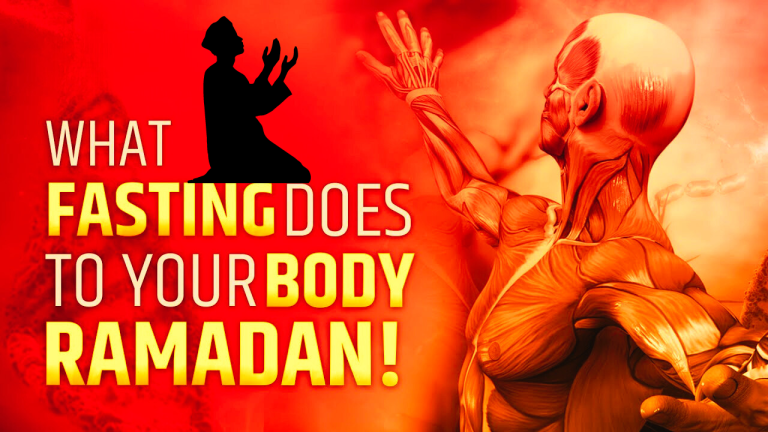Ramadan: Every year billions of Muslims fast from sunrise to sunset by abstaining from food and drink. For several years, Northern Hemisphere countries have observed fasting during summer. As a result, the Muslims of these countries have to fast for a long time in summer. Some countries in Europe have to fast for twenty hours. But what is the effect on the body of Muslims who fast for a month?
The first few days: the hardest
Fasting or fasting in that sense does not affect the human body until eight hours have passed since the last meal. It takes at least eight hours for the body to fully digest the food we eat in the stomach and absorb its nutrients. When this food is fully digested, our body tries to get energy from the glucose stored in the liver and muscles.
When the body starts consuming this fat, it helps us lose weight. It lowers cholesterol levels and reduces the risk of diabetes However, as blood sugar levels drop, you may feel weak and shaky. Some may also experience headaches, dizziness, nausea, or bad breath. At this time, the body feels the most hunger.
Fasting 3 to 7: Beware of dehydration
After the first few days, as your body adjusts to fasting, body fat is converted to blood sugar. But since you cannot eat or drink anything during the day during the fast, after breaking the fast you must drink plenty of water to make up for the deficiency. Otherwise, you may suffer from severe dehydration. Especially on hot days if the body sweats. And the food you eat should also have enough energy. Like carbohydrates or sugars and fats. A balanced diet is very important, containing all kinds of nutrients, protein or meat, salt, and water.
Fasting from 8 to 15: The body is getting used to it
By this stage, you must be able to feel that your body and mind are feeling good because your body has started adapting to fasting. Addenbrooke’s Hospital, Cambridge, ‘anesthesia and intensive care medicine’ consultant Dr. Rajin Mahruf said, it has other benefits as well. “Typically in everyday life we eat too many caloric foods and as a result, our body can’t do many other things properly, such as the body’s ability to heal itself.” “But because we’re fasting during Ramadan, the body can focus on other things. So fasting is very beneficial for the body. It can help the body heal wounds or prevent infections.”
Fasting from 16 to 30: Unburdened body
In the second half of Ramadan, your body will fully adapt to fasting. Your body’s digestive system, liver, kidneys, and skin will now transform. Your body will be cleansed by removing all the impurities from there. “During this time your body organs will regain their full function. Your memory and attention will improve and you will have a lot of energy in your body”, says Dr. Mahruf.
“You can’t rely on meat for energy. When your body is ‘starving,’ it’s using muscle for energy. And that happens when you’re fasting or fasting for days or weeks at a time.” “Since fasting only requires you to fast during the day, we have the opportunity to consume enough food and fluid or drink to meet our body’s needs after breaking the fast. This protects our muscles and helps us lose weight again at the same time.”
So is fasting good for health?
Dr. Mahruf said, of course, but there is one thing. “Fasting is good for the body because it helps us focus on what we eat and when we eat it. Fasting for a month may be good. But fasting continuously is not recommended.
- “Intermittent fasting is not the way to lose weight. Because at some point your body will stop burning fat and turn it into energy. Then it will rely on muscle for energy. It’s not good for health. Because then your body is starving. will suffer.” Dr. Mahruf advises that a different type of fast can be observed occasionally after the month of Ramadan. For example, the 5:2 diet (five days of eating less and two days of proper eating and drinking). Where you can eat and drink healthily after fasting for a few days.
